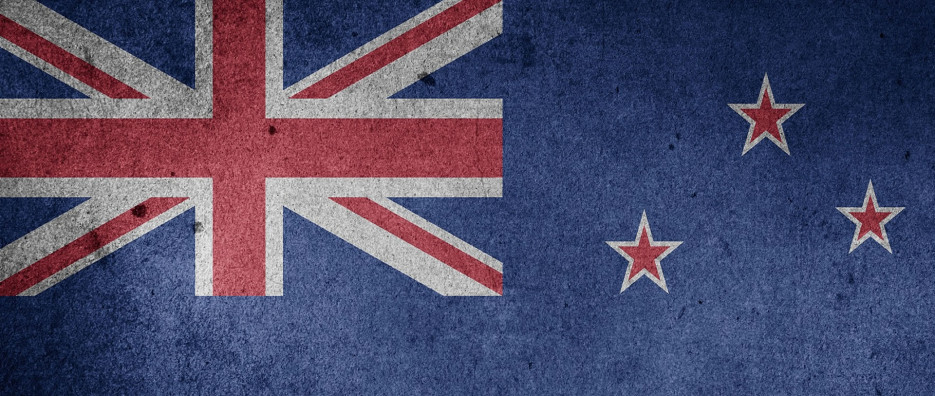
The following rules lay out the regulations surrounding holiday pay in New Zealand. A recent change to the law has been the 'Mondayisation Bill' which states that when Waitangi Day (6 February) or Anzac Day (25 April) fall on a weekend, the public holiday must be treated as falling on the following Monday for employees who would not otherwise work on a Saturday or Sunday.
Holiday Pay Rules
- Employees who work on a public holiday must be paid their normal rate plus half again, and may also be entitled to a paid alternative day off.
- If a public holiday falls on a day an employee usually works and they take (or are given) that day off, they are paid for that day at their normal rate as if they had worked as usual.
- If the holiday is subject to 'Mondayisation', an employee who usually works on a Monday should be paid holiday rates and a day in lieu.
- If an employee is a shift worker, and works between public holidays and normal days (for example, starting at 10pm on Anzac Day and finishing at 6am the next morning), they should be paid time and a half for only the hours of the public holiday they work. They are still also entitled to a full alternative day of paid leave.
- If an employee is sick or on bereavement leave on a public holiday (or Mondayised holiday), they are paid their normal daily pay, but a sick or bereavement day is not deducted from their total allowance. - Employees who are brought in to work only on public holidays must be paid time and a half, but the alternative leave day does not apply.
Employers who do not follow the laws on public holiday pay could be liable for a penalty of up to $20,000.
Public Holidays in New Zealand for 2024
Disclaimer
While every care is taken that the information above is correct, it is provided only as background information and companies should look to government advice if unsure about rules and laws relating to holiday pay and absence.

